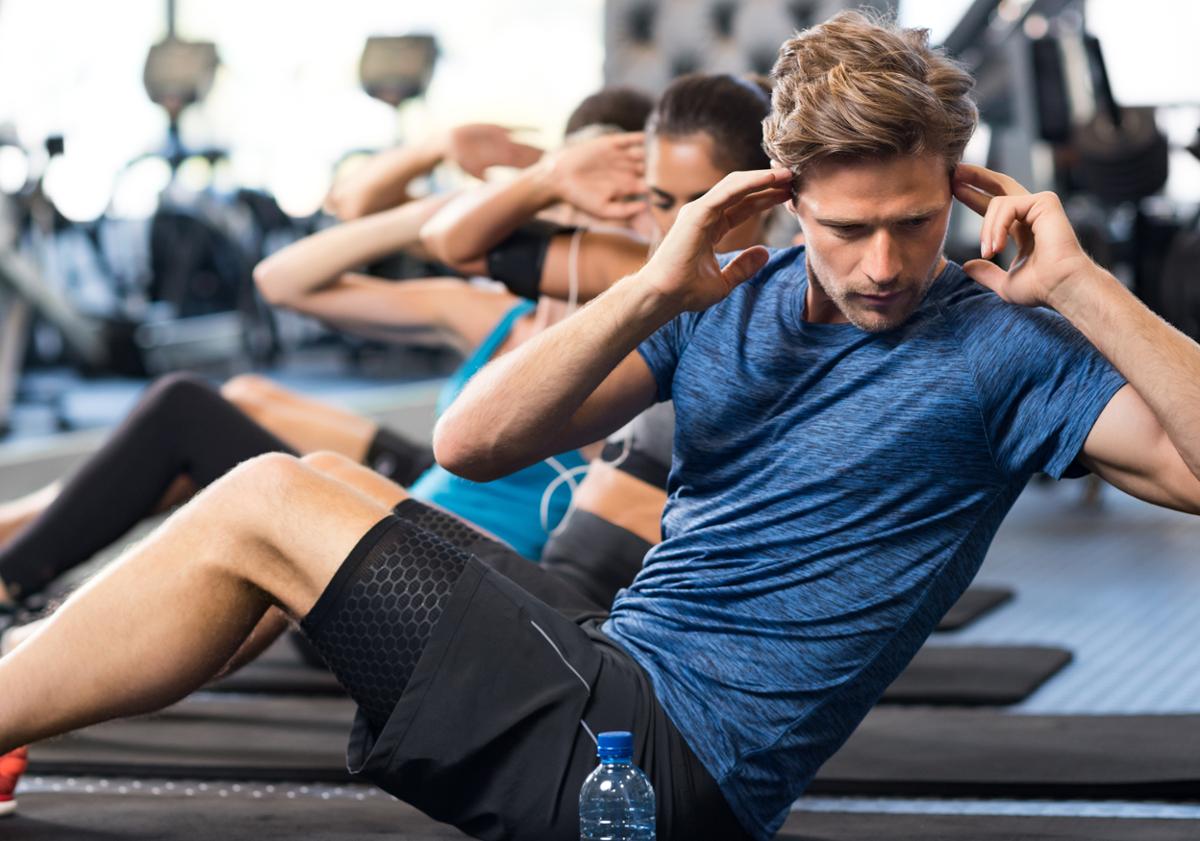There’s been a change in the law in relation to VAT on leisure. Tell us what’s going on
In March this year, the UK government’s tax office – HM Revenue and Customs (HMRC) – announced a significant change to the VAT treatment of local authority leisure services that could add hundreds of thousands of pounds to overstretched local authority budgets.
Before March 2023, local authorities managing leisure facilities in-house were required to treat services such as gym memberships and other facility visits as business activities for VAT purposes and pay 20 per cent tax to HMRC from the income. Now, HMRC’s revised treatment of VAT has ruled that these services are classified as ‘non-business’ supplies for VAT purposes.
Why does this matter?
This is a rare case of an unqualified VAT win for local authorities. Not only will most of their leisure facility income be VAT-free, but their VAT costs related to leisure services will still be fully recoverable.
How did this ruling come about?
The change is the result of court action by three local authorities – Midlothian Council, Mid-Ulster District Council and Chelmsford City Council, who challenged HMRC in relation to the tax status of their leisure services.
What lies behind the new legal position?
In making the decision, the courts ruled on two factors. Firstly, whether local authority leisure services are provided under a different statutory/legal framework from those provided by the private sector – and as a result, can be treated as ‘non-business’ for VAT purposes – and secondly, whether this non-business treatment would significantly distort competition with the private sector. Both parts of the test have to be met for an activity to be classed as non-business.
In the test case, the courts accepted that local authorities have many more constraints than private sector providers, saying it’s clear that the particular matrix of legal conditions within which local authorities operate differs from those of private sector companies.
HMRC did not appeal on the competition point, so the case was successfully concluded.
How were statutory and non-statutory considerations taken into account?
There’s a legal obligation to provide leisure service in Scotland and Northern Ireland, while in England and Wales, it’s not statutory and legislation governs the way local authorities provide the service in a way that’s different from the private sector. The differences between the nations explains why there were three councils in the litigation – one from each jurisdiction.
What points of law were involved?
There were a number of pieces of legislation referred to in the case, but the primary one was Section 19 of the Local Government (Miscellaneous Provisions) Act 1976.
Other legislation that could have had a bearing on this decision includes The Crime and Disorder Act 1998, which imposes a duty on local authorities to do all they reasonably can to prevent crime and disorder, including anti-social behaviour and other behaviour adversely affecting the local environment; The Local Government Act 2000, which requires local authorities to prepare strategies for promoting or improving their area’s economic, social, and environmental wellbeing, including a requirement to consult in respect of those strategies; The Children Act 2004 which imposes an obligation to make arrangements for ensuring that their functions are discharged regarding the need to safeguard and promote the welfare of children; The Local Government Act 1999, which imposes a Best Value obligation regarding economy, efficiency, and effectiveness, with the last referring to the legitimate social benefits that derive from an activity and finally; The Health and Social Care Act 2012, which provides for duties to improve public health, including taking steps to provide services or facilities.
Can you foresee this change impacting the way services are delivered?
VAT is just one consideration when it comes to how councils decide to configure their contracts. PSTax works alongside Lisa Forsyth and her team at Max Associates, who are experts at supporting councils with all the other considerations.
We’ve worked with many local authorities where VAT has been the crucial factor because of local circumstances, but that’s not always the case. It might be possible to optimise the tax position by reconfiguring contracts in collaboration with contractors, but each case would need to be considered individually and take into account all other relevant local factors.
Tell us about the historic VAT rebates
Local authorities can make a one-off refund claim for VAT they’ve previously paid to HMRC. This is because the court’s judgement means it was always the case that local authority leisure provision was non-business for VAT.
Four-year historical claims are normally as far back as you can go with VAT, but some councils put in claims years ago, anticipating this new judgment and so we know of examples where councils are claiming for as many as seven years’ VAT.
Also in 2009, a one-off ‘window’ opened for historical refund claims for all VAT-registered bodies following a court judgement. Claims could be submitted – in principle – for the period 1973-1996/7. Some councils may have submitted such a claim for leisure services.
Which activities are covered by this?
HMRC hasn’t yet published extensive guidance about which services will be covered. However, we believe gym memberships will be covered, based on the judgment that led to the policy change.
Many local authorities have submitted refund claims for historically overpaid VAT, including income from gym memberships and HMRC’s response to these claims will confirm their position. From a local authority perspective they will expect gym memberships to be included in the new ruling. If HMRC’s view is different, there might be more litigation.
Are there usage limits on the refunded VAT?
There are no VAT rules that say what councils must do with the refunds in this type of scenario.
Will councils be obliged to reduce prices rather than retaining the rebate?
Changing prices would be a decision for each local authority.
Can private sector operators appeal? If they can and they win, will monies need to be refunded?
It might be that HMRC waits a while before paying any claims in case of a judicial review. If HMRC makes refunds and a legal challenge later succeeds, I believe HMRC has the power to claw back the VAT refunded. Whether HMRC would do that is unclear.
There’s a legal concept known as legitimate expectation that could protect local authorities that have received refunds and HMRC might decide it would be too difficult to pursue the refunded VAT.
Do you expect private sector operators to appeal?
I haven’t heard of any suggestion of a judicial review yet. There have previously been challenges to HMRC decisions such as this which relate to whether or not competition would be distorted. In the waste collection sector, for instance, Max Recycling complained that HMRC had not considered the economics, but the appeal was not successful.
Do you have any insights into the scale of the impact that this change in the law is likely to have?
Our partner, Lisa Forsyth, reports that more than 20 per cent of leisure facilities are currently owned and managed in-house by local authorities across the UK, based on information from TLDB.



























































